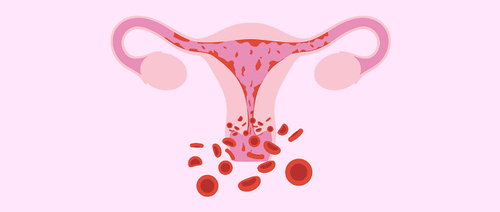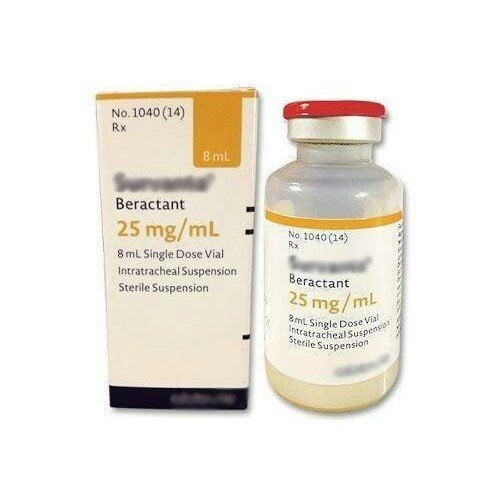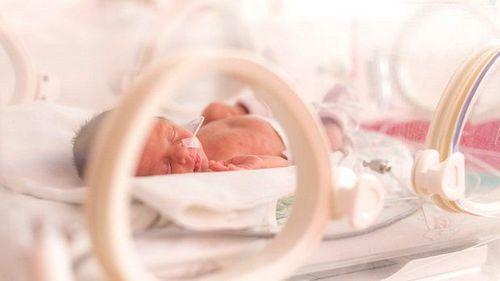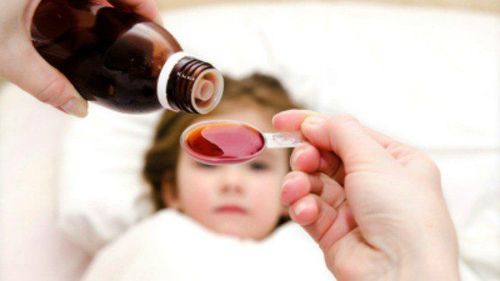This is an automatically translated article.
The article is professionally consulted by Master, Doctor Phan Thi Cam Van - Neonatologist - Department of Pediatrics - Neonatology - Vinmec Danang International General Hospital. He has 07 years of experience as a Resident Doctor and a Pediatrician - Neonatal Doctor at Hue Central Hospital and Hue University Hospital of Medicine and Pharmacy. In particular, he has strengths in newborn care and treatment, neonatal resuscitation, respiratory, digestive and infectious diseases.Respiratory distress syndrome is common in premature infants, the shorter the number of weeks the child is, the greater the risk of respiratory failure. This is a very dangerous symptom for a child's life, so it should be diagnosed early and intervened in time.
1. How dangerous is respiratory failure in premature babies?
Neonatal respiratory distress syndrome, also known as endothelial disease, is a condition in which a baby's lungs are still not fully developed at birth, leading to a lack of surfactant, which reduces surfactant. alveolar surface area devoted to gas exchange.
Healthy lungs are of the utmost importance to a newborn's survival. Premature babies with respiratory failure can have difficulty breathing normally and can lead to death.
Four typical clinical symptoms of premature infants with respiratory failure that usually appear within 4 hours of birth are:
Tachypnea; Sigh; Breathe with chest constriction or intercostal muscle contraction; Cyanosis.

Bốn triệu chứng lâm sàng đặc trưng của trẻ sinh non bị suy hô hấp thường xuất hiện trong vòng 4 giờ sau sinh
2. Why are premature babies prone to respiratory failure?
Premature birth is one of the main causes of respiratory distress syndrome in infants. The younger the baby is born, the more likely it is to have respiratory failure.
The lungs of premature babies lack surfactant, which is necessary for the expansion and contraction of the lungs. This deficiency can lead to shortness of breath and breathing problems. Respiratory failure can also be due to genetic factors related to the baby's lung development.
In addition, respiratory failure in premature babies is common in the following cases: mother has antepartum hemorrhage, baby is asphyxiated, hypothermia,... Besides, if the mother has ever given birth to a premature baby, there is respiratory failure. There is a high risk of having a baby with respiratory failure in the next birth. If the mother has diabetes, the insulin level of the fetus is higher than normal.
3. Guidelines for taking care of premature babies
Monitoring respiration and oxygen therapy Premature babies with low birth weight are at risk of respiratory failure due to surfactant deficiency, easily fall into respiratory failure, especially the nervous system is not yet complete, the baby will have episodes of apnea. . If not carefully monitored and detected early to treat, it can lead to death.
Prevention of hypothermia Preterm babies with a low birth weight of less than 2kg should take care of kangaroos right after birth and continuously day and night. The goal of kangaroo care is to keep the core temperature 36-37 degrees Celsius, the feet warm and pink. Or you can use an incubator for your baby.
Nutrition Most low birth weight babies are still able to breastfeed on their own. Babies who cannot suckle must express breast milk into a cup and feed it with a spoon. If the baby cannot eat with a spoon, it must be fed through a nasogastric tube. In case the mother does not have milk or is contraindicated to breastfeed, milk from a breast milk bank can be used (if available). Formula milk is only recommended when the above methods are not possible. Track your baby's daily milk intake to calculate the exact amount of fluid needed.
Sterile environment The environment around the premature baby must ensure the principle of minimal sterility. Limit contact with children if not necessary, perform hand hygiene when in contact as well as examine and perform procedures on the baby. Discontinue parenteral nutrition as soon as the infant is getting better, to avoid infection.
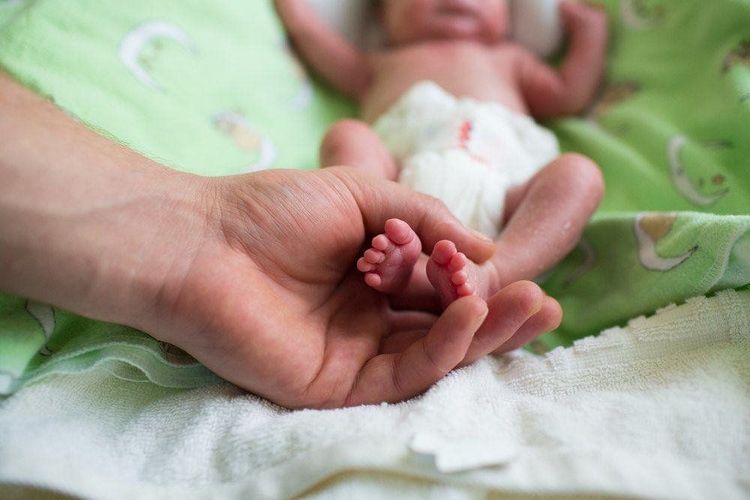
Chăm sóc trẻ sinh non như thế nào?
4. Surfactant pump in the treatment of neonatal respiratory failure at Vinmec Nha Trang
Acute respiratory failure in premature babies, also known as endocardial disease, is a common disease in the neonatal period, especially in premature babies. The cause is the lack of active surfactant. The use of Surfactant is both preventive and therapeutic, helping to improve children's lung function and reduce complications of respiratory failure.
Currently, at Vinmec Nha Trang, the Surfactant Pump technique is performed in the treatment of neonatal respiratory failure with a clear and complete implementation process, taking the benefit and safety of the patient first. Medicines are preserved with strict procedures to ensure the use process.
This method applies to neonatal patients with the diagnosis: Endometrial disease, preterm infants, weight ≥ 1500g, pulmonary hemorrhage, severe pneumonia.
Clinical benefit of Surfactant therapy in improving pulmonary ventilation; enhance blood oxygenation; reduce the frequency of air leaks (complications with pneumothorax, pneumothorax...); reduce mortality and morbidity for children; reduce the rate of severe disability.
Surfactant pumping technique will be difficult to perform if the general standard of care is not of high quality. Vinmec Nha Trang has met strict criteria to apply Surfactant therapy in the treatment of respiratory failure in infants, including a full range of support facilities and a team of doctors:
Master. Dr. Nguyen Thanh Hung: Has many years of experience working in the field of General Pediatrics and Neonatology. The doctor has extensive experience in examination and treatment of pediatric respiratory diseases. Currently, the doctor is the Head of the Department of Pediatrics - Neonatology - Vinmec Nha Trang International General Hospital (Khanh Hoa). Master, Doctor Ngo Thi To Nga : Many years working in the field of General Pediatrics and Neonatology, especially strong in Resuscitation, Pediatric Emergency, Neonatal Resuscitation,.. Master, Doctor Doctor Doan Ngoc Quynh Tram: The doctor has a lot of experience in the field of Pediatrics, especially in resuscitation and treatment of neonatal diseases, respiratory and digestive diseases in children. Master, Doctor Nguyen Hoang The Nhan: A person with extensive experience in the field of pediatrics, especially in resuscitation, respiratory and digestive pathology in children and neonates. Master, Doctor Dang Huy Toan: Has many years of experience in Pediatrics and Neonatology, especially in pediatric respiratory diseases. For more information about Surfactant pump technology to treat neonatal respiratory failure at Vinmec Nha Trang, you can contact Hotline: 0258 3900 168 or register online HERE.




